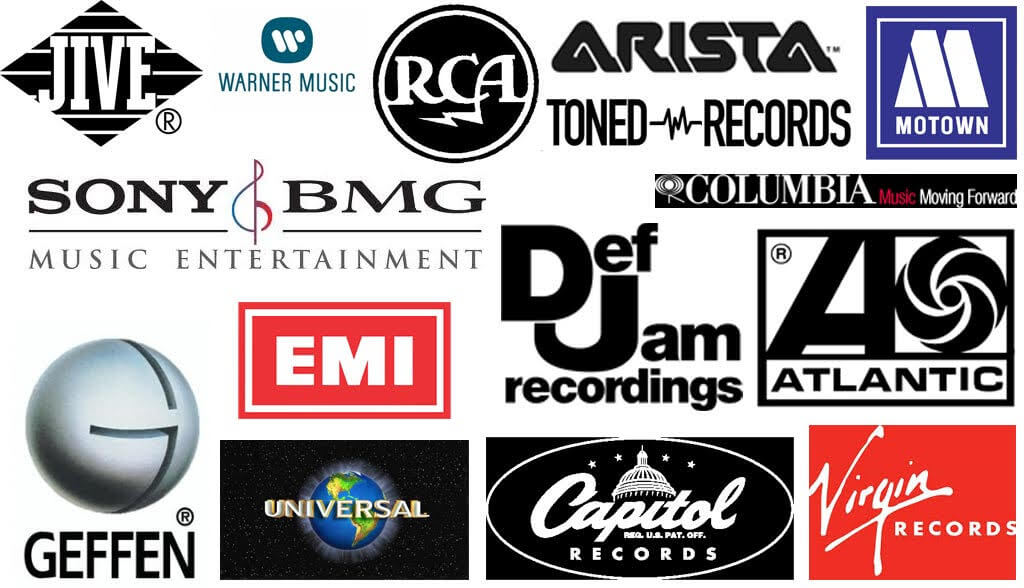At this point in time when practically every institution recognizes how critical mental health is to one’s well-being, how is it possible that record labels allow their most valued commodity, the artist, to make hits about their depression or suicidal thoughts without providing them the much-needed help any other concerned entity would offer? The answer is simple – as long as they make money, they just don’t give a shit about the artist’s wellness or the fans that may be triggered.
The artist, in many cases young, impressionable, and happy to be in a position where they can become rich and famous, essentially does what they were signed to do. They write songs about whatever’s popular at the moment and let the label run the show behind the scenes. Because depression and suicide have become hot topics to rap or sing about in recent years, despite the fact that the subject is no entertaining matter, artists like Juice Wrld, Kid Cudi, XXXtentacion, and Lil Uzi Vert top the charts with songs that are basically cries for help over catchy trap beats. And like mindless drones, we dance and sing along to these singsongy suicidal confessions that would otherwise illicit an immediate family intervention, were these the disturbing revelations of a loved one. But since they’re not, we turn up to it without much of a second thought…unless we ourselves are plagued with the same problem. As powerful as music can be, that song now has the potential to either lift a fan out of their darkness or push them over the edge. Who claims responsibility for that? Is it the artist whose job it is to express themselves or the label whose sole purpose is to exploit and profit from their music?
Many companies around the world adopt a Corporate Social Responsibility (CSR) model as part of their mission. CSR ensures that companies are accountable to their stakeholders and the public in general by operating ethically and mindfully of the impact they have on society and the environment. In short, the aim is to demonstrate that a corporation cares about more than just money. Whether we believe them or not is another question.
Multi-billion dollar corporations like ExxonMobil and Chevron promote various initiatives and programs created to clean up the ocean or economically empower impoverished communities across the world. Psizer, one of the world’s largest pharmaceutical companies, which ironically produces every depressed artist’s drug of choice, Xanax, also has a CSR practice in place. Even the Federal Communications Commission (FCC) which regulates all interstate communications by radio, television, wire, satellite, and cable has rules which prohibit the radio and TV broadcast of obscenities, indecency, and profanity between the hours of 6 a.m. and 10 p.m. “when there is a reasonable risk that children may be in the audience”.
Yes, it’s all laughable because oil companies pollute, pharmaceutical industries poison, and the FCC blends the two by polluting the minds of listeners with the poison it allows on its airwaves. But at least they pretend! Record companies are unapologetic about what they promote. They have entire departments dedicated to marketing depression, suicide, and poppin’ pills in the form of colorful, eye-grabbing billboards, psychedelic-themed music videos, and trance-inducing special effects at live shows. Come to think about it, I’m surprised labels don’t collab with pharma more often. They’d make a killing, no pun intended.
Many ass-kissing apologists, lackeys who pledge their loyalty to business interest over human beings, including the very artists they work with, will bend over backwards to excuse the labels. They’ll stick up for their corporate overlord, defending the rights of the company’s profit growth, asserting they’re a business, not a freaking social service agency. To deflect, they’ll claim that more often than not, the music they promote inspires listeners to overcome their own struggles with mental health. But talking to those who suffer from depression, suicidal ideation, and other mental health issues, you come to understand that virtually anything, especially a popular song, can cause those intrusive thoughts and unsettling feelings that are always bubbling underneath the surface, to erupt into a deadly downward spiral.
As an educator who teaches one of the nation’s only full-time, college-preparatory Hip Hop culture course for high school students, I know for sure that my students have a lot to say about the matter. As fans of the artists in question, they themselves feel many of their favorite rappers and singers desperately need help if their health problems are indeed serious enough to express through song. They also admit that many of their peers are “depressed for clout”, “trying to be emo”, or self-medicating the same way their idols do.
I don’t have all the answers but I suspect that it wouldn’t be inconceivable for labels to pump the breaks on making depression and self-medication trendy while providing support to artists who struggle with mental health problems. After all, it’s the artists who make labels rich and allow them to stay in business. Unless their wellbeing just isn’t a priority, why wouldn’t labels provide their “cash cow” the help they need? If all that matters is the return on their investment, wouldn’t ensuring the durability and longevity of their “product” benefit them in the long run? Or is there something else to it?
At the end of the day, these labels may not give a shit about their artists but they sure live by mainstream rap’s prevailing mentality – Fuck the World and Get Money. That’s the real bottom line.
—————————
Sebastien Elkouby is a writer, educator and Hip Hop Culture historian. Find him at SebIsHipHop.com or on Twitter at @SebIsHipHop.












More Stories
Kids Free Trip to Africa Program Sends Five Kids on Study Abroad Trip to Ghana
“Heart & Soul Music Festival Returns With Legendary Headlining Act”
Catching up with Movie Producer Marcus Small